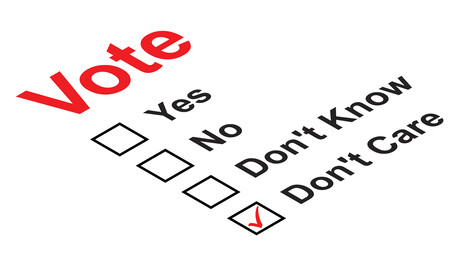I easily recall my initial effort at waterskiing when I inexplicably got up the first time — wind whipping by, folks on shore yelling approval. But, after a couple hundred yards of "wetted bliss," the two skis decided, without consulting me, to go their separate ways. The resulting splash, witnesses confided later, was spectacular. The rooster tail I created from holding tight to an apparent lifeline was even more impressive.
One body, but two feet: Amazing, amusing, sometimes awful things can happen, when all the elements don't work together. Unity is an elusive thing, after all, whether it involves two skis or two people.
It's why in that upper room Jesus knelt in servant humility to wash the feet of His bickering disciples and then prayed that "they may be one" in reflecting the unity of the Godhead. And, amazingly, those mumbling, milquetoast believers responded as the seed of a church soon described as "turning the world upside down" — their own unity ironically creating dis-unity with the world.
Throughout Scripture, I find unity as a byproduct of prayer and humility. And when God's people work together with Him on a common mission, when they don't care who gets the credit, the divine blessings can be astounding. Yet the absence of conflict does not automatically signal unity. Neither does the presence of unity provide a reliable indicator of right and wrong. Indeed, taking a page from the experience of Paul and Peter, conflict can be the beginning of unity, if it drives us to our knees for God's solution.
Unity is an unreliable measuring stick. Mobs thrive on unity. Regimes and revolutions have rallied the rabble to a course of common action. But we need look no further than recent genocides or even the Holocaust as simple, sober examples of unity valued above understanding or principle. In some not-too-distant-future, unity will be arrayed against God's remnant believers, ironically played in prophetic parlance by a woman.
I wonder if a single-minded focus on unity blinds us to core values, Scriptural values, that rise to an even higher priority. Are imperatives of racial or gender equality, or those of moral purity, a cultural anomaly or Scriptural mandate?
Is it time, in our church history, for another upper room experience? Or would we benefit from a Paul/Peter confrontation? One thing seems certain to me: Our search for corporate togetherness must never trump principled action or the influence of the Spirit.
When the prophet Nathan confronted David, when Gamaliel stood up in the Sanhedrin, when Rosa Parks took her seat on that bus, status quo shuddered. Were they impertinent or courageous? Deceived or inspired? Right or wrong?
The challenge of guiding this increasingly diverse church along a common path is indeed no cakewalk. But, like happiness, unity cannot be demanded. It comes as a Spirit-bequest from the One who started it all ... in that upper room.
Are imperatives of racial or gender equality, or those of moral purity, a cultural anomaly or Scriptural mandate?









